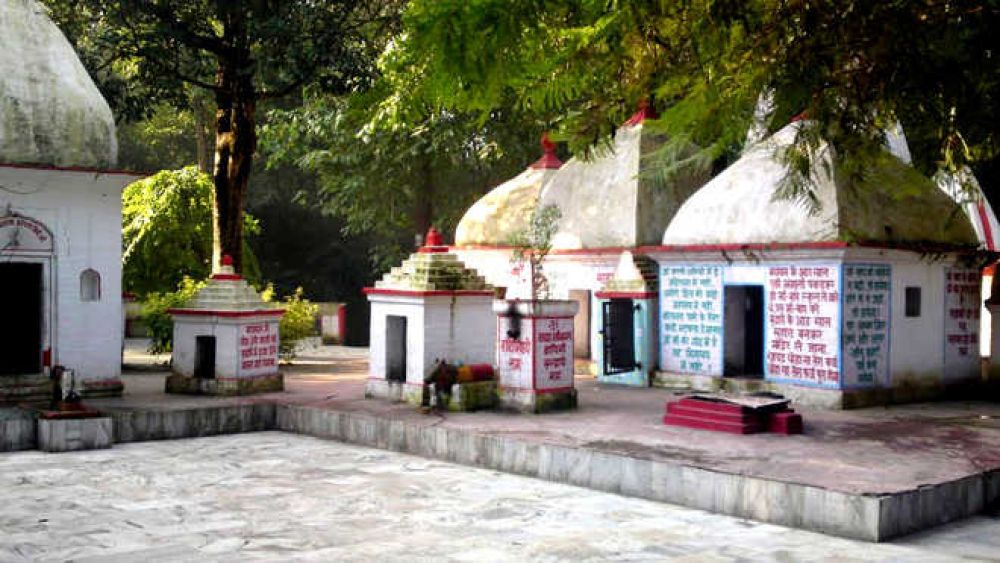

Located in the serene town of Amarpur in the Gomati district of Tripura, Deb Bari Shib Bari Temple is a historical shrine that has been a focal point of spiritual and cultural tourism in North-East India. The temple, dedicated to Lord Shiva, stands as a symbol of the profound religious heritage that permeates the region and offers a glimpse into the architectural prowess of times gone by.
The temple's origins trace back to the royal era, attributed to the Manikya Dynasty, which ruled over Tripura for centuries. The exact construction date is difficult to ascertain, but oral traditions and local lore place the temple as a significant religious site for more than a few hundred years. The temple's architectural style and motifs suggest influence from Bengal's temple architecture, coupled with Tripura's indigenous cultural elements.
Over the years, the temple not only served as a place of worship but also became a center for significant religious festivals such as Maha Shivaratri, drawing devotees from all across Tripura and neighboring areas.
Tourism at Deb Bari Shib Bari Temple, while modest compared to larger international destinations, has been integral to Amarpur's local community. Initially visited primarily by pilgrims and occasional history enthusiasts, the temple has gradually caught the attention of a wider audience seeking to explore off-beat paths and experience the richness of Tripura's culture.
As travel preferences evolve, tourists are increasingly seeking authentic experiences that contribute to sustainable tourism. This has led to a rise in eco-tourism and cultural tourism, where visitors are not just passive spectators but active participants engaging with local traditions and lifestyles. In the context of the Deb Bari Shib Bari Temple, this involves understanding the historical context of the temple, participating in local festivals, and potentially contributing to the preservation of the site.
Apart from spiritual tourism, heritage walks and photographic expeditions have become popular, with travelers capturing the scenic beauty and the temple's intricate art forms. The region's ecotourism potential is also being tapped with the promotion of nearby attractions such as the Amarpur lakefront, known for its panoramic beauty and cultural significance.
Moreover, the Government of Tripura has been emphasizing the promotion of its historical sites to attract more tourists. Initiatives such as the "Unexplored Tripura" campaign aim to put destinations like Deb Bari Shib Bari Temple on the tourism map not only nationally but internationally.
In conclusion, the tourism history of the Deb Bari Shib Bari Temple is intimately tied to its religious appeal and its potential for future growth hinges on sustainable and culturally sensitive tourism practices that protect and promote Tripura's unique heritage.
For those planning to visit, the best time is during the winters, from October to February, when the climate is most favorable. As the temple becomes a hub of activities during festivals, visiting during these times can offer a vibrant and immersive experience. However, it is essential for tourists to respect local customs and practices, keeping in mind the sustainability of the environment and the preservation of the site's sanctity.